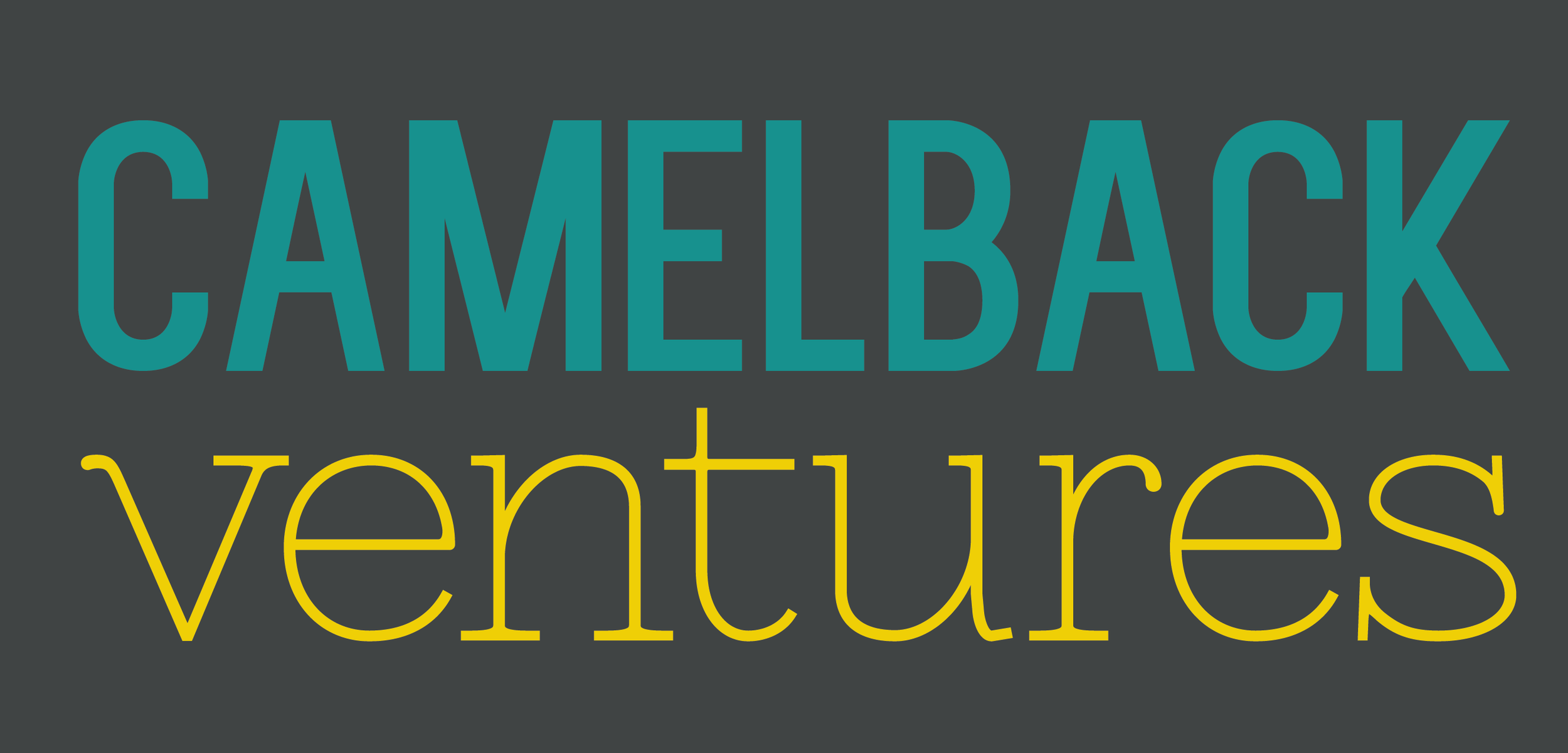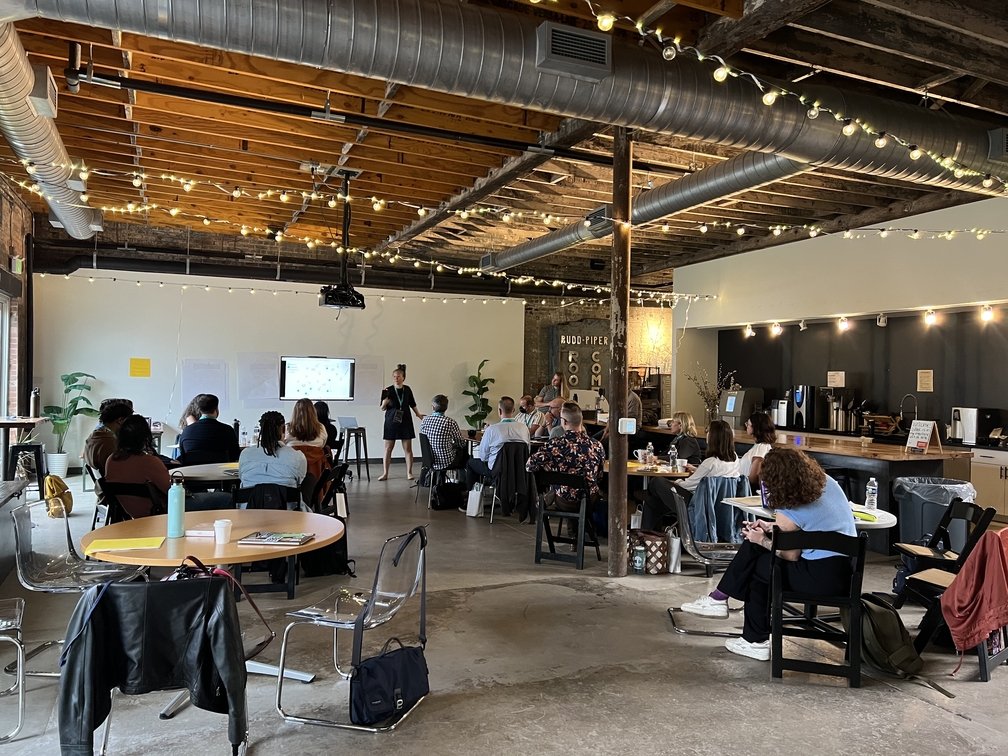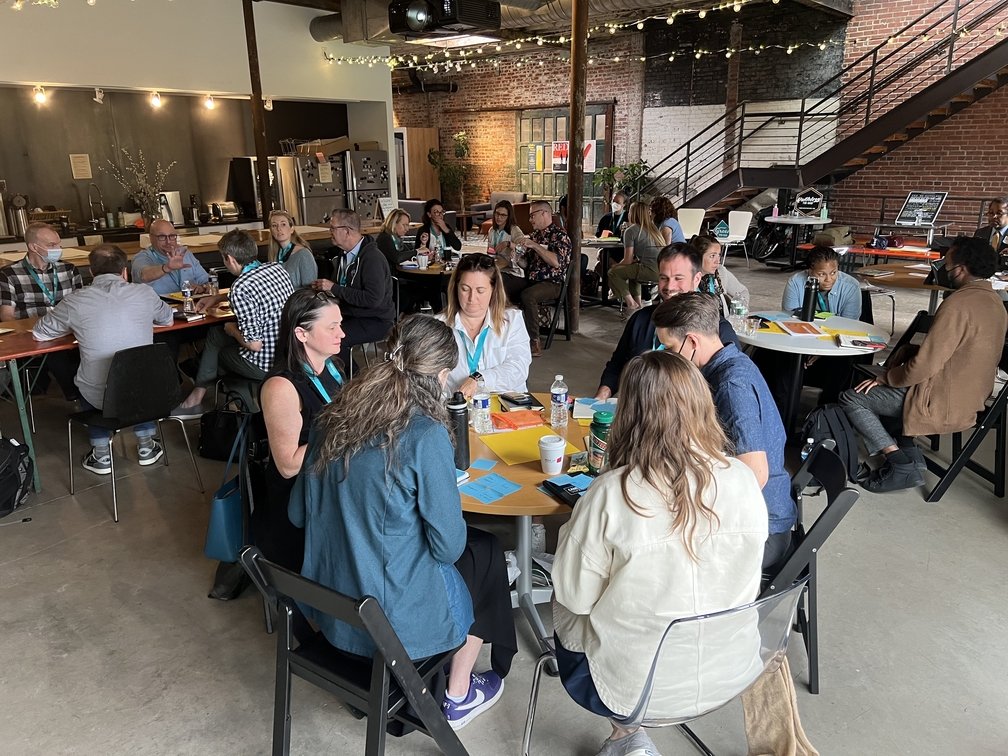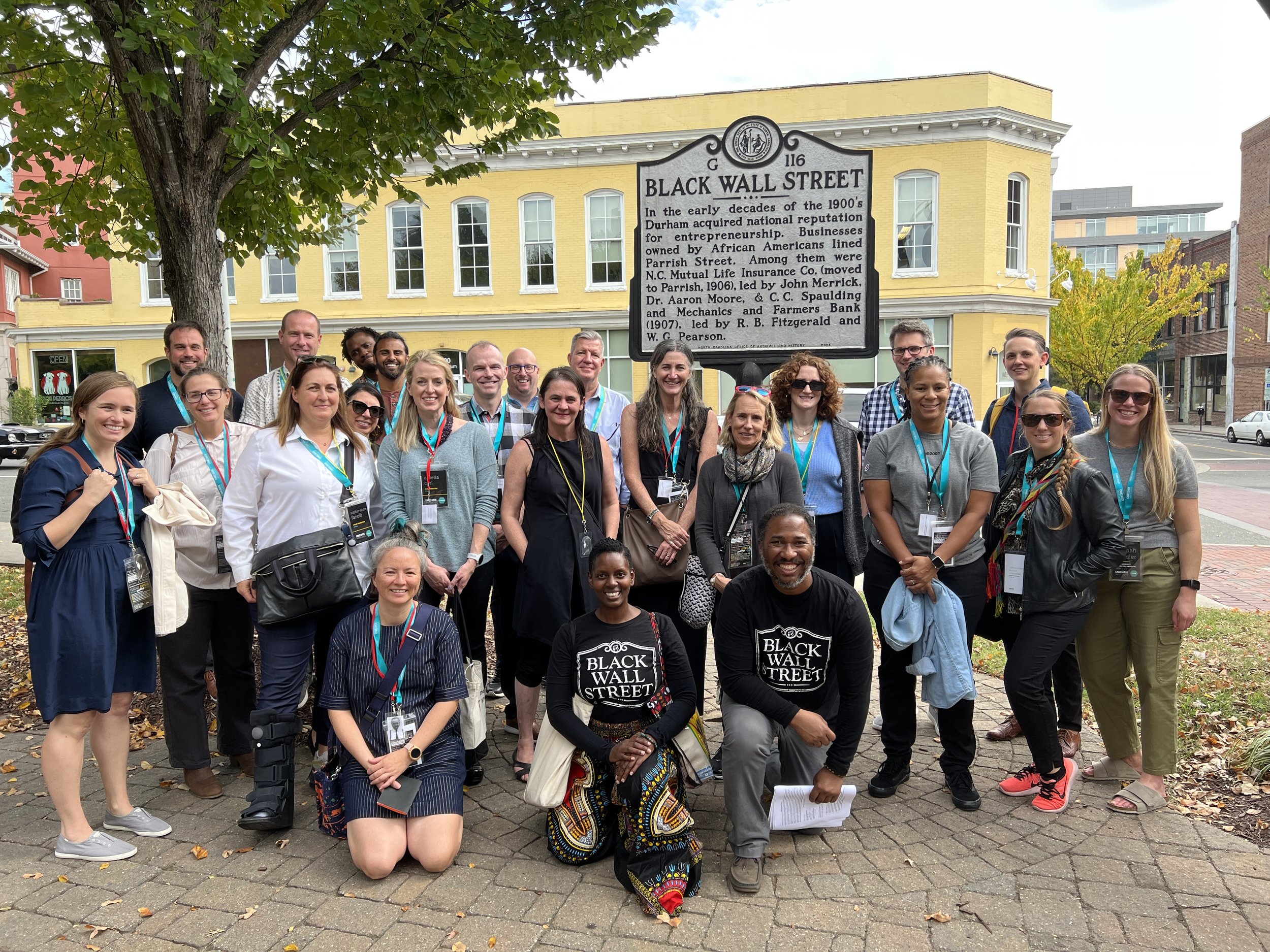Meet the Capital Collaborators: John Mohr + John D. and Catherine T. MacArthur Foundation
What didn't you know before the Capital Collaborative Cohort that you know now?
I now have a greater appreciation for how f'd up things are, and how difficult change is. Seeing both Foundation Presidents and Family (presidents) in the cohort, I thought they would have a strong power dynamic that would allow them to more easily enact change. That is far from the case. They answer to boards, to other family, and also have difficulties making change. There can be resistance from internal affinity groups or general staff who are not committed, perhaps feel threatened, or don't see the role white people have to play as part of addressing racism. Then there is the day-to-day of work, competing demands and priorities.
What were you hoping to get from this experience?
I wanted to become more educated about systemic racism. I wanted to learn how to address it and be an ally and upstander against it. I wanted to gain connections with peers from other organizations and develop lasting relationships and connections that extend beyond the program. I also wanted to interact with entrepreneurs and understand their challenges, both as business people and as people of color.
Capital Collaborative Summit 1 in Durham, NC
What moment in the cohort will you remember years from now?
During Summit 1 in Durham, North Carolina, two facilitators from DEI Works Collective talked about their interactions with Funders, and how they are prescriptive and disconnected from reality. For example, providing a meal for a child who then takes it home to a hungry family and now has to decide whether to share, divide, or not share the food. A good intention that is also brutally cruel.
Another example is the request that funders make of grantees for analysis and reporting that has nothing to do with the actual work. The idea that "That's your (funders) work, don't ask me to do your work. The grant is for me (grantee) to do my work," was powerful.
Lastly, the reality that "systemic racism is killing us (people of color).” There was discussion of the unending stress, bias, mistreatment, and unfairness that founders of color experience all the time, the cumulative affect of which is a shorter life. That was eye-opening for me.
What advice do you have for White-identifying funders about their equity journeys?
This is hard work. It is uncomfortable. The fact that we can "step away" from this is a sign/type of privilege. The important thing is to commit, engage and sincerely work toward improving. White people have a responsibility to be a part of dismantling systemic racism, as we certainly created it.
In what ways do you believe philanthropy needs to change?
The "benevolent control" that was highlighted in the first session really stood out to me. There is systemic bias built into the selection process: the closed networks (who you know), the well-resourced organizations (the usual suspects) who often get grants, the ridiculous (IMHO) requirements for things like a whistleblower policy for a small organization.
I also believe project specific grants need to go away. The grantees (changemakers) are most proximate to the issues and know what they are doing. Give them the money without strings, and get out of the way.
The Capital Collaborative by Camelback Ventures works with White funders and social impact investors who want to deepen their individual and organizational commitment to racial and gender equity in philanthropy — but may not know how. You can learn more about how to get involved by submitting an interest form for the Capital Collaborative’s next cohort or signing up for the newsletter.




